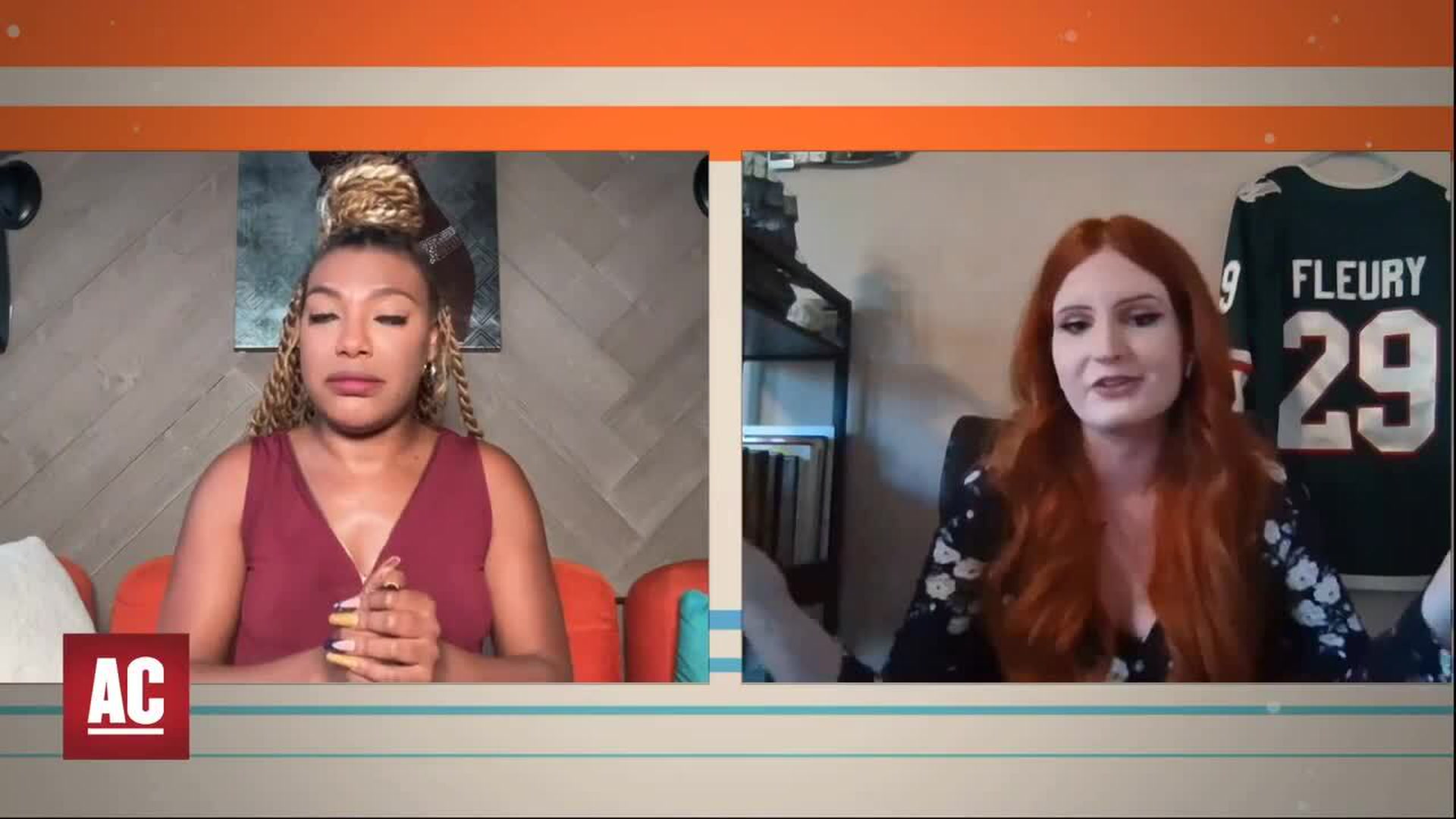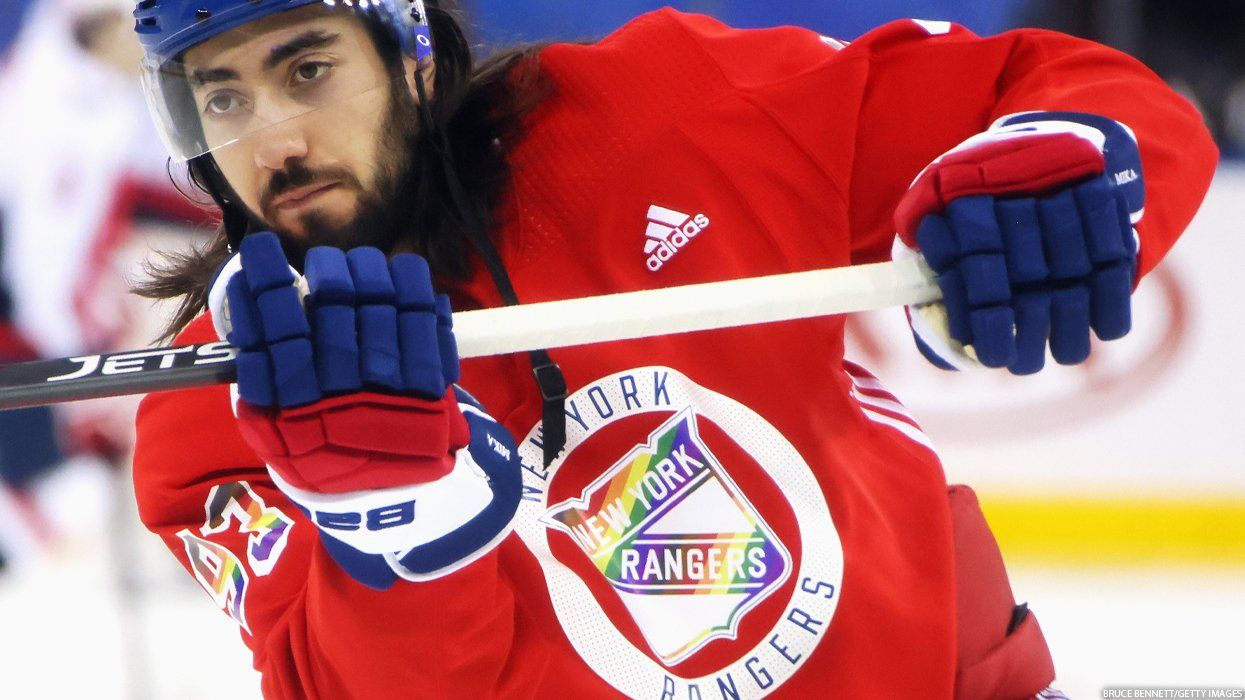After seven NHL players refused to wear LGBTQ+ Pride jerseys, the league has announced that they will be doing away with themed jerseys going forward.
In recent years, National Hockey League teams added LGBTQ+ Pride to their seasonal theme nights, which also include events such as Black History, military appreciation, and Hockey Fights Cancer. On these nights, players wear jerseys corresponding with the theme while they warm up, which are later auctioned off with the proceeds going to related charities.
This year, several teams have opted not to wear pride jerseys or don rainbow tape on their sticks. While some players refused to wear the jerseys, citing their own personal beliefs, some teams took the choice away from players by removing them entirely.
On Thursday, NHL Commissioner Gary Bettman and the league's Board of Governors decided to forgo wearing themed jerseys entirely, as they believe that refusal from players overshadowed the purpose of the nights.
Breaking down the NHL pride ban

“That’s just become more of a distraction from really the essence of what the purpose of these nights are,” Bettman told Sportsnet. “We’re keeping the focus on the game. And on these specialty nights, we’re going to be focused on the cause.”
Teams will still celebrate theme nights, including Pride. They will also still design and produce jerseys to be autographed and auctioned for charity — players just won’t wear them during warmups.
Many fans and NHL partners have expressed disappointment in the decision, including You Can Play, an organization that works with professional sports leagues to promote inclusivity, which helps the NHL in organizing their Pride or Hockey Is For Everyone nights by facilitating the jersey auctions. In a statement, they said they were “concerned and disappointed” by the decision.
“Today’s decision means that the over 95 percent of players who chose to wear a Pride jersey to support the community will now not get an opportunity to do so,” they wrote. “The work to make locker rooms, board rooms and arenas safer, more diverse, and more inclusive needs to be ongoing and purposeful, and we will continue to work with our partners at the NHL, including individual teams, players, agents and the NHLPA to ensure this critical work continues.”


















































